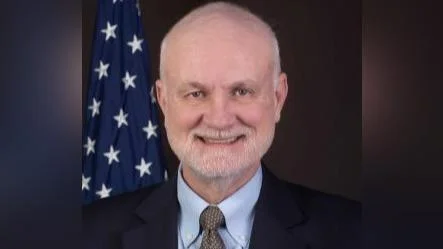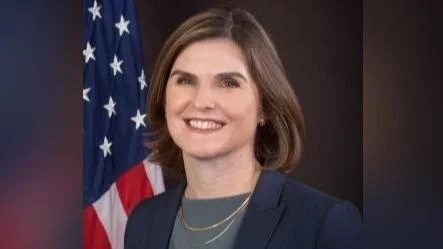As concerns over religious freedom in Russia continue to grow, experts highlight the increasing use of blasphemy laws to suppress expression. Pope Leo XIV has emphasized the importance of interreligious dialogue and diplomacy, stressing that such exchanges require "full respect for religious freedom in every country."
The U.S. Commission on International Religious Freedom (USCIRF) recently reported on Russia's intensified enforcement of laws against what it describes as "perceived offensive expression toward religion, religious texts, and religious leaders." The commission notes that under international human rights law, individuals have the right to express a full range of thoughts and beliefs, including those deemed blasphemous by others.
In Russia, two specific laws are often used to prosecute blasphemy cases. These laws serve as tools for enforcing compliance with the government led by President Vladimir Putin. USCIRF highlights that these measures have accelerated since Russia's invasion of Ukraine in 2022.
Dmitry Dubrovskiy from Charles University in Prague explains that while not many people are prosecuted under these laws, they create an environment where individuals fear prosecution. This fear effectively silences dissenting voices within Russian society.
The nonprofit Open Doors International reports that among Christian organizations in Russia, the Russian Orthodox Church experiences the least governmental interference. Other groups face significant challenges; Jehovah's Witnesses have been banned since 2017, and state surveillance has increased post-Ukraine invasion.
The Russian Orthodox Church is perceived as untouchable and holds significant influence within the country. However, this position also leads to suppression of internal theological debate.
Muslims in Russia also face persecution amid clashes between Islamic militant groups and government forces. Christians from Muslim backgrounds encounter discrimination from their communities.
In Russian-occupied areas of Ukraine, authorities have targeted religious groups by destroying places of worship and detaining clergy members. Two Ukrainian Greek Catholic priests were released after being held captive for 18 months through Vatican mediation.
Despite these crackdowns on non-Russian Orthodox faith communities, Dubrovskiy points out that only a small percentage of Russians regularly attend church services; many view Orthodoxy more as a cultural identity than a religious practice.
OSV News is awaiting comment from Archbishop Giovanni d’Aniello regarding the status of religious freedom in Russia.
 Alerts Sign-up
Alerts Sign-up






